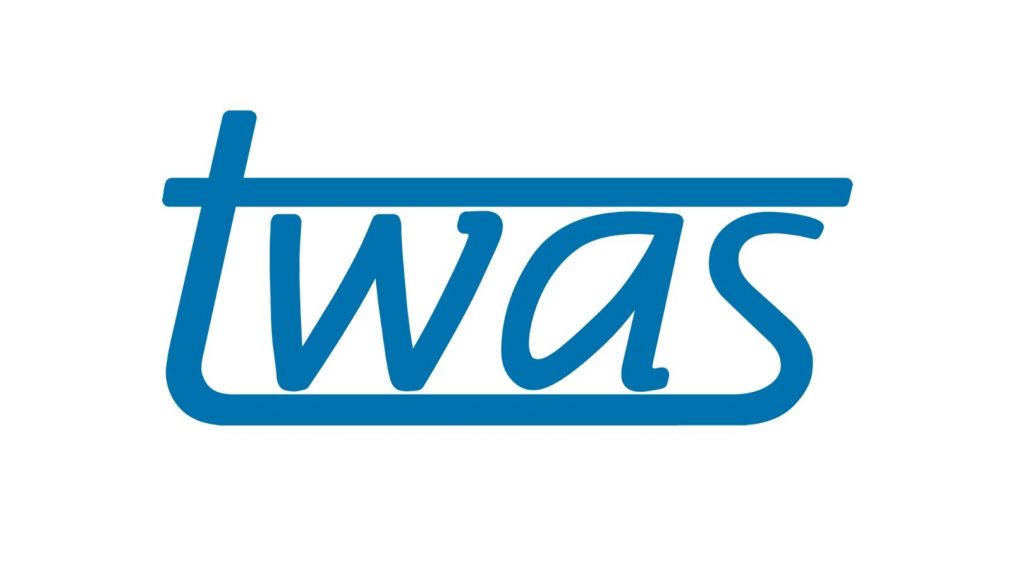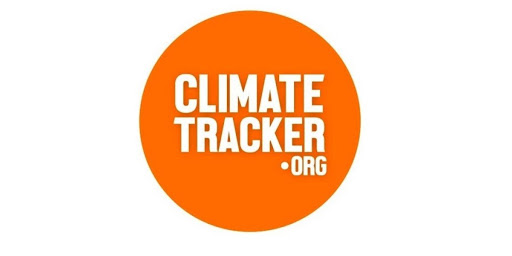The fellowship is hosted under the One Health Research, Education and Outreach Center in Africa (OHRECA), Neglected Zoonoses theme, at the International Livestock Research Institute (ILRI).
In Kenya, rabies has been ranked as the third most important zoonoses in the country and this prioritization is reflected in the Kenyan Strategic Plan for the Elimination of Human Rabies 2014-2030.
In order to facilitate the success of this strategic plan, empirical data on the cost-effectiveness of control programmes in the Kenyan context is required to stimulate appropriate investment in ongoing control and surveillance. Understanding the acceptability of control strategies to the county and national governments and the community is also vital to overcoming hurdles to implementation. The BMZ funded OHRECA at ILRI, in partnership with the Machakos County Government, the Zoonotic Disease Unit and VSF-Germany are supporting ongoing vaccination campaigns in Machakos county in line with the national elimination strategy.
Project Title: Quantifying the cost-effectiveness of Rabies control in Machakos County, Kenya
Fellow Responsibilities:
The fellowship seeks to answer the following research questions:
- What is the historic health and economic burden of rabies in humans in Machakos county?
- Using ecological and mark-recapture approaches, what coverage of the dog population is being achieved by the rabies vaccination campaign?
- What are the costs associated with rolling out canine vaccination programmes in Machakos at an appropriate coverage?
- What is the cost-effectiveness of the control program in $/z-DALY averted?
- What are the appropriate cost-sharing models for sustainable control and surveillance within the county?
- Do human health stakeholders feel engaged with such a programme and do they perceive a benefit to the health of the population?
Required qualifications:
- Masters degree with a minimum average of 60% in all areas of assessment in a relevant area to the proposed research project
- 1st Class or 2nd class (upper division) Bachelors degree
- Ability to write and speak English to the requirements of the University of Liverpool which can be found here; https://www.liverpool.ac.uk/study/international/apply/english-language/postgraduate-entry/
- Selected candidates will be required to present for interview (online) which will be recorded as per University of Liverpool policies.
- Previous experience of undertaking research
- Experience in economics, public health, epidemiology, evaluation
- An understanding of veterinary and health systems, gender science and the sustainable development goals
- Previous research experience in economic evaluation, qualitative research methodologies.
Application deadline February 15, 2021





